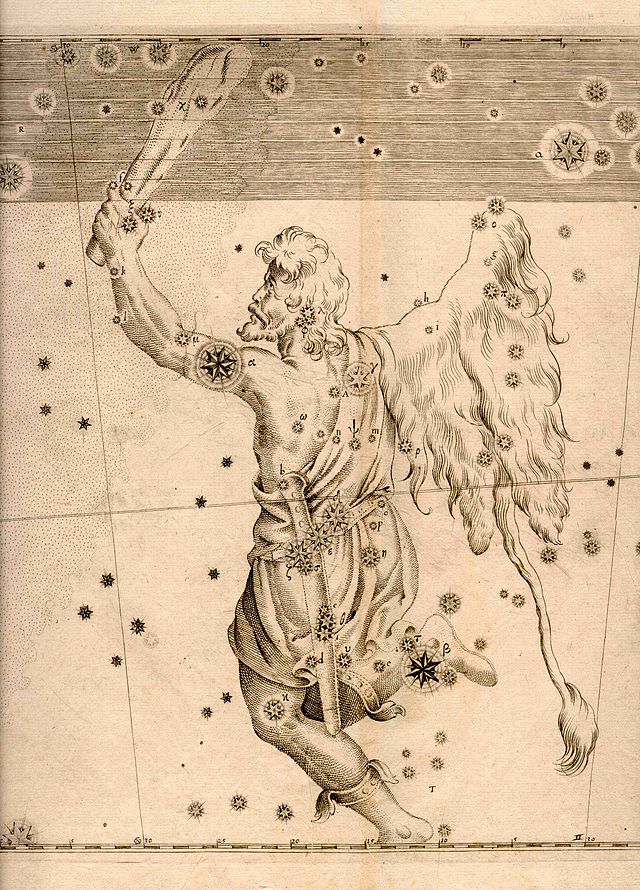“Discretions of Alcibiades’
by Robert Pinsky
First frost is weeks off, but the prudent man
With house plants on his front porch marks the season,
And moves the potted ficus back indoors

Friend and foe of both Athens and Sparta, Alcibiades was a game changer during the long and ugly war that dominated the last half of 5th century BCE Greece.
A powerful orator and statesman with a strategic military mind, Alcibiades had his enemies. Accused by his opponents of mutilating the hermai, or the heads of the god Hermes, Alcibiades fled his native Athens for Sparta, and when the opportunity arose, flipped back to Athens. He knew when to “move his plant indoors.”

This is just one of the many, many intriguing stories woven throughout Thucydides’s contemporaneous account of the Peloponnesian War.
Move over Homer! as we’ll be tackling this engaging story of power and justice in the Global Reading Group*, a virtual literary salon. Yes, I won’t deny it. This is a long and, at times. tedious read but believe me, it is vale la pena. Come join us as we read and discuss The History of the Peloponnesian War.
We begin March 25, 2015.

The stars are similar: “The wheeling Bear
One white eye on the Pleiads, rolls another
At glowering Orion…

*The Global Reading Group is a virtual literary salon that follows Horace’s
definition of the aims of poetry, “either to please or to educate” (“aut delectare aut prodesse est”.) Free and open to interested readers worldwide. We read one classic book of literature every month. Send a note to alicecatherinej at gmail.com to join